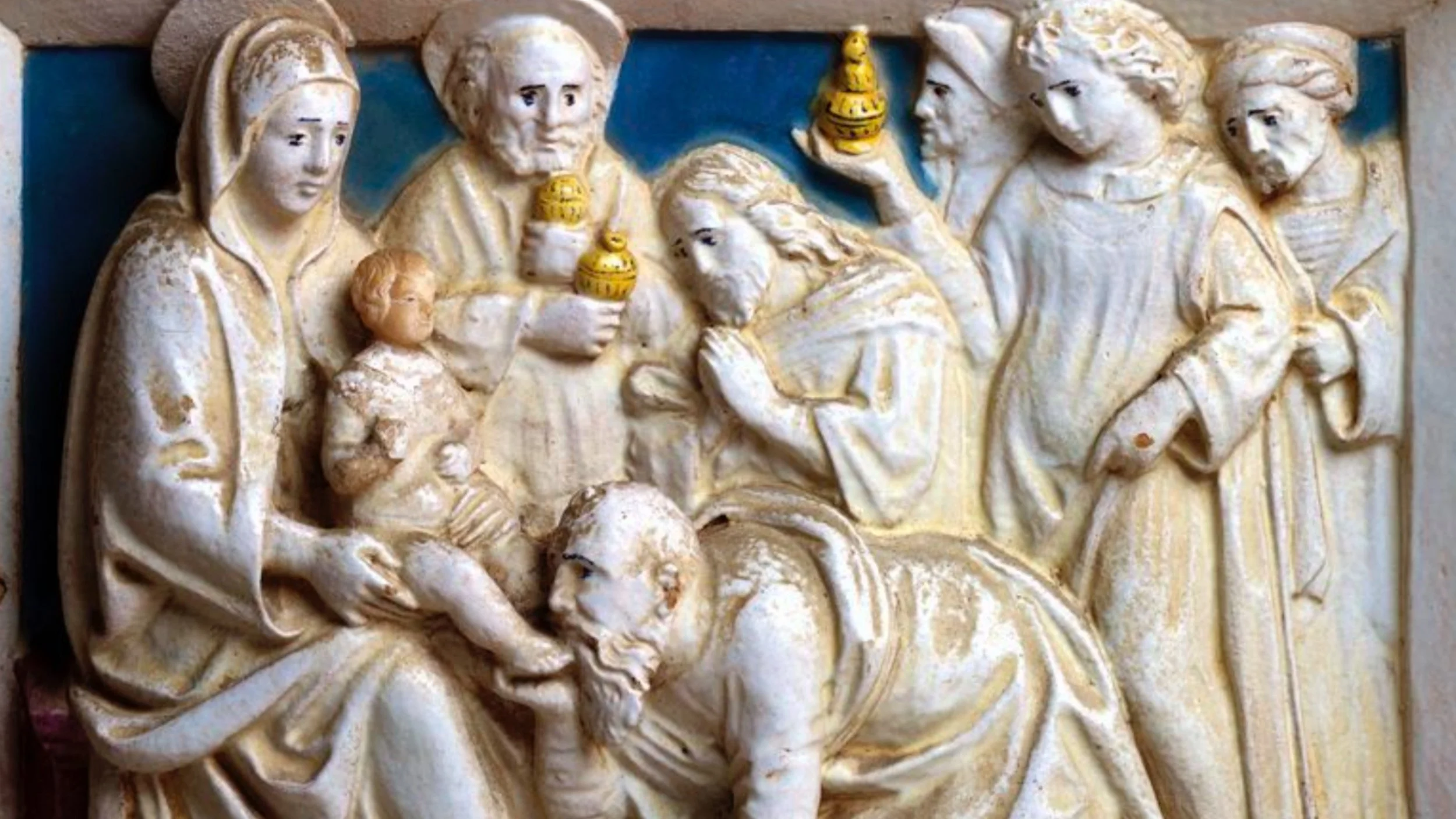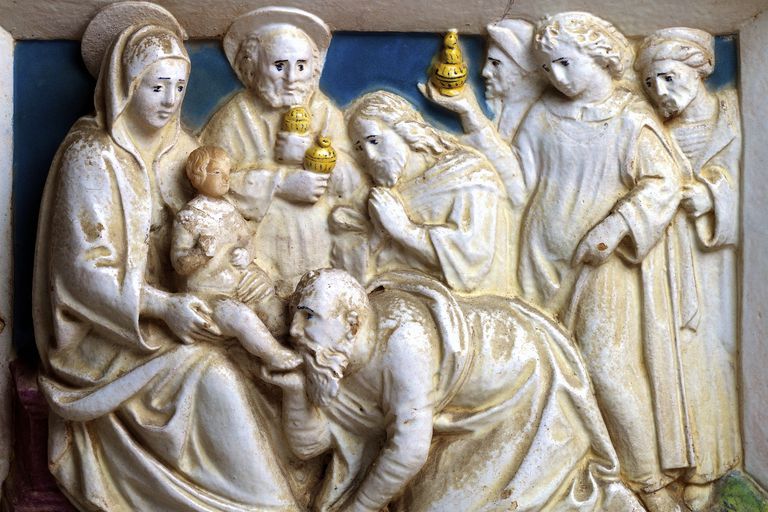What Epiphany is all about
The Festival of Epiphany is always on January 6th (thirteen days after Christmas) and the season of the church year that follows is about the unwrapping of the Father’s gift to the world of his only-begotten Son (‘epiphany’ is a Greek word for ‘to be visible’). Christmas was about Jesus as fully human—a baby son born to Mary and laid in a manger. But Epiphany is about a Jesus who is fully divine—the Son of God.
On the first Sunday after the Epiphany we always observe the baptism of our Lord, and on the last Sunday of the season—before Ash Wednesday—we always read about Jesus’ transfiguration. These two occasions bracket the season of Epiphany because they most clearly reveal who Jesus is: the divine Son of God. At both occasions the voice of God the Father spoke from heaven, declaring what Jesus’ human flesh had hidden from the world: “This is my Son!”
At the same time, the readings for the Sundays in Epiphany present us with a real conundrum. Jesus hid the manifestations of his deity, so that his glory remained a secret and a mystery, even while he was revealing it to those he called.
Epiphany's history
Epiphany is the second-oldest festival of the Christian church (only Easter is an older observance). Originally, Epiphany celebrated four different events, all on one day: the birth of Jesus, his baptism, his first miracle, and the visit of the Magi. Each of these is a revelation of God to humanity.
Eventually, the celebration of Christ’s birth was separated out and became Christmas, twelve days earlier, so that the season of Christmas began with the revelation of Christ to Israel (represented by the shepherds at Bethlehem) and ended with the revelation of Christ to the Gentiles (represented by the Magi). Epiphany is therefore sometimes called “The Gentiles’ Christmas.”
Over the centuries, the other two celebrations were also separated. The celebration of Jesus’ baptism moved to the first Sunday after Epiphany and the commemoration of his miracle at the wedding at Cana moved to the second Sunday after Epiphany.
Epiphany's customs
In England and her colonies (including America), the custom has been to give gifts on Christmas Day. But in most of the rest of European, Mediterranean, and Latin American countries, Christians exchange gifts on Epiphany—the day on which the Magi brought their gifts to the Christ Child. The day is often called “Three Kings’ Day” and is a public holiday in a great number of countries.
In many Latin American countries, children write letters to the Magi, not Santa Claus, telling them what gifts they want. In Czechia and Slovakia, children dress as the three kings and go caroling and are rewarded with cookies. Children in Spain fill their shoes with straw for the three kings’ horses to eat and put them out on Epiphany Eve. The next morning they find candy and gifts in their place. Some countries have combined the gift-giving on both Christmas and Epiphany, often with smaller gifts on each of the twelve days of Christmas in between.
Detail from Giovanni Della Robbi’s “Predella of the Last Judgment” (1501) at the Church of San Girolamo at Volterra, Tuscany.


